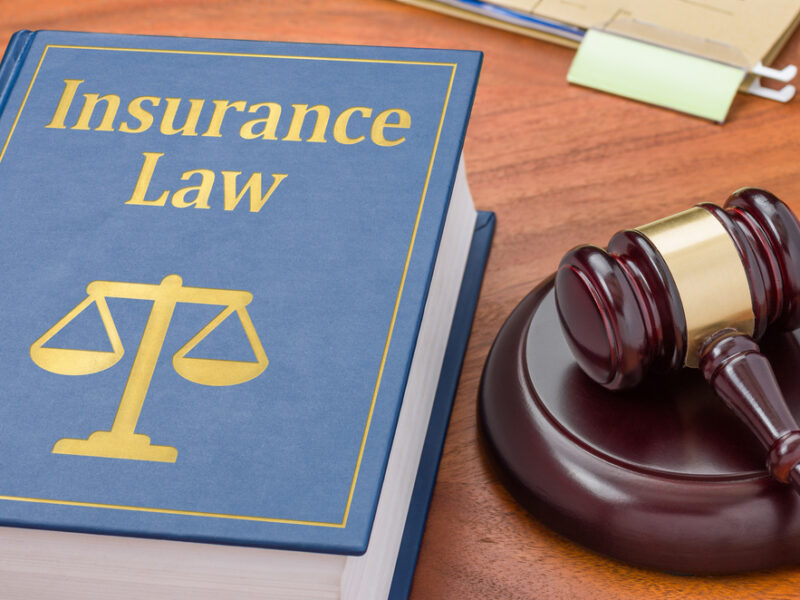When you’re involved in an auto accident, your insurance company has two primary legal obligations: the duty to defend and the duty to indemnify. These obligations form the cornerstone of your insurance coverage and provide essential protections during what can be a challenging time.
The Duty to Defend
Your insurance company’s duty to defend means they must provide and pay for legal representation if you’re sued following an auto accident. This obligation begins when a claim is filed against you and continues throughout the legal proceedings. The insurance company must defend you even if the lawsuit appears to lack merit or includes claims that might not be covered by your policy.
The duty to defend is broader than the duty to indemnify. Your insurer must provide a defense if there’s even a possibility that the claim could be covered under your policy. This means they’ll assign an attorney to:
- Review all documents related to the claim
- Respond to legal filings and court deadlines
- Gather evidence and interview witnesses
- Negotiate with opposing counsel
- Represent you in court if necessary
Your insurance company must provide competent legal representation and cannot abandon your defense mid-case without proper justification. The assigned attorney works for you, even though the insurance company pays their fees.
The Duty to Indemnify
The duty to indemnify means your insurance company must pay valid claims against you up to your policy limits. This includes:
- Settlements negotiated with the other party
- Court judgments if your case goes to trial
- Medical expenses and property damage within policy coverage
However, the duty to indemnify is narrower than the duty to defend. The insurance company only pays for damages that fall within your policy’s coverage. For example, if your policy limit is $100,000, the insurance company isn’t obligated to pay damages beyond that amount.
When Disputes Arise
Sometimes insurance companies may dispute their obligations to defend or indemnify. This can happen when:
- The accident falls under a policy exclusion
- The claim exceeds policy limits
- There are questions about policy validity
- Coverage was lapsed at the time of the accident
In these situations, the insurance company might:
- Issue a “reservation of rights” letter, indicating they’ll provide a defense while investigating coverage
- File a separate lawsuit (called a declaratory judgment action) to determine their obligations
- Deny coverage entirely if they believe the claim clearly falls outside policy coverage
Protecting Your Rights
To ensure your insurance company fulfills its obligations, you should:
- Promptly report any accidents or claims
- Provide all requested documentation
- Maintain accurate records of all communications
- Cooperate with the assigned defense attorney
- Review any correspondence from your insurer carefully
When to Seek Additional Legal Help
While the insurance-provided attorney handles your defense in the accident case, you might need independent legal counsel if:
- The claim exceeds your policy limits
- Your insurance company denies coverage
- There’s a conflict between your interests and the insurer’s
- You receive a reservation of rights letter
An independent attorney can review the insurance company’s actions and ensure they’re meeting their legal obligations to defend and indemnify you appropriately.
Understanding Policy Limits
Your insurance policy limits affect both the duty to defend and indemnify. While the duty to defend typically applies regardless of the amount claimed, the duty to indemnify is strictly limited to your policy coverage. This is why maintaining adequate insurance coverage is crucial for protecting your assets.
Remember that insurance companies must act in good faith when handling claims. This means they should:
- Investigate claims promptly and thoroughly
- Communicate clearly about coverage decisions
- Consider settlement offers reasonably
- Protect your interests within policy limits
Understanding these duties helps you navigate the claims process more effectively and ensures you receive the full benefits of your insurance coverage when you need them most. If you’ve been injured in an auto accident, contact our personal injury lawyers here at Woolf Legal for a free consultation.
